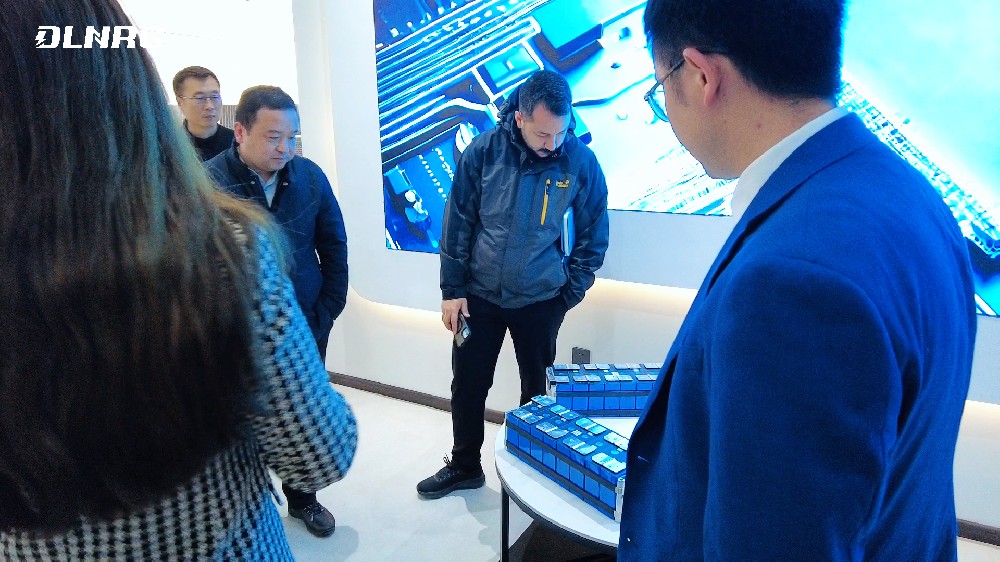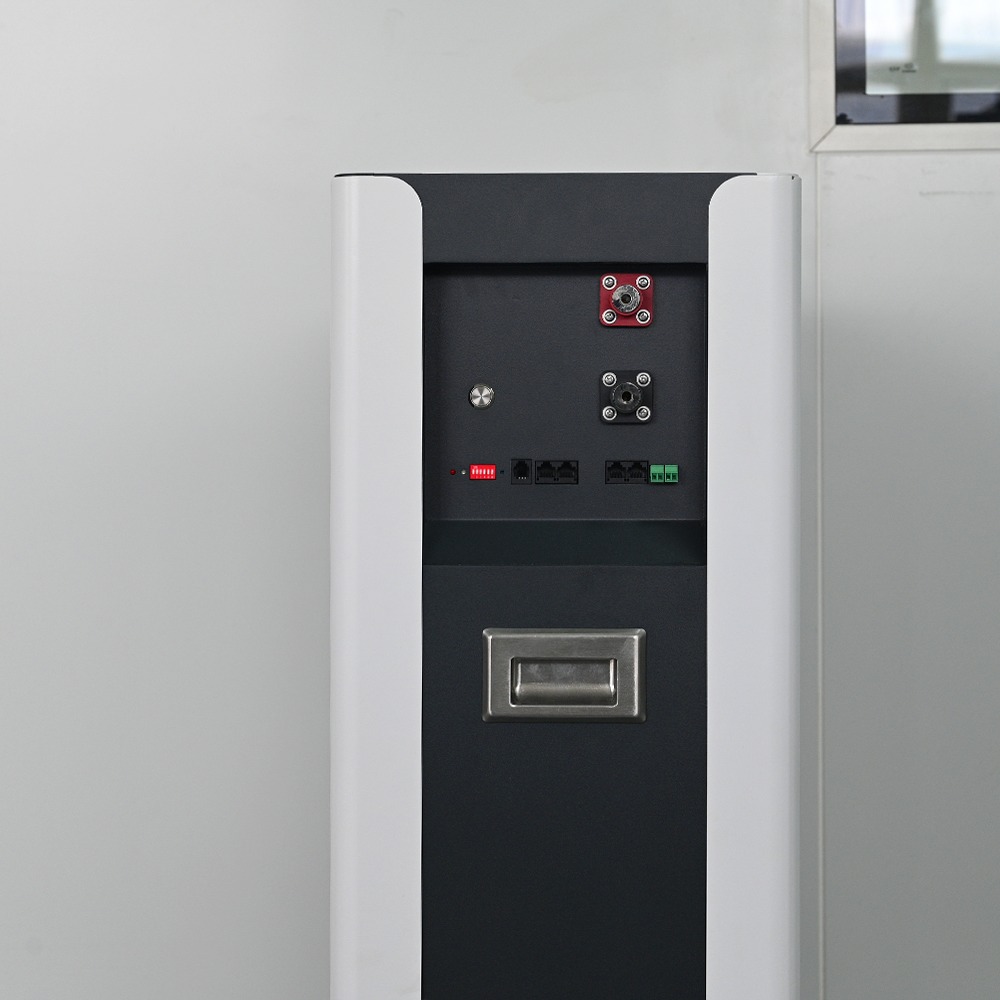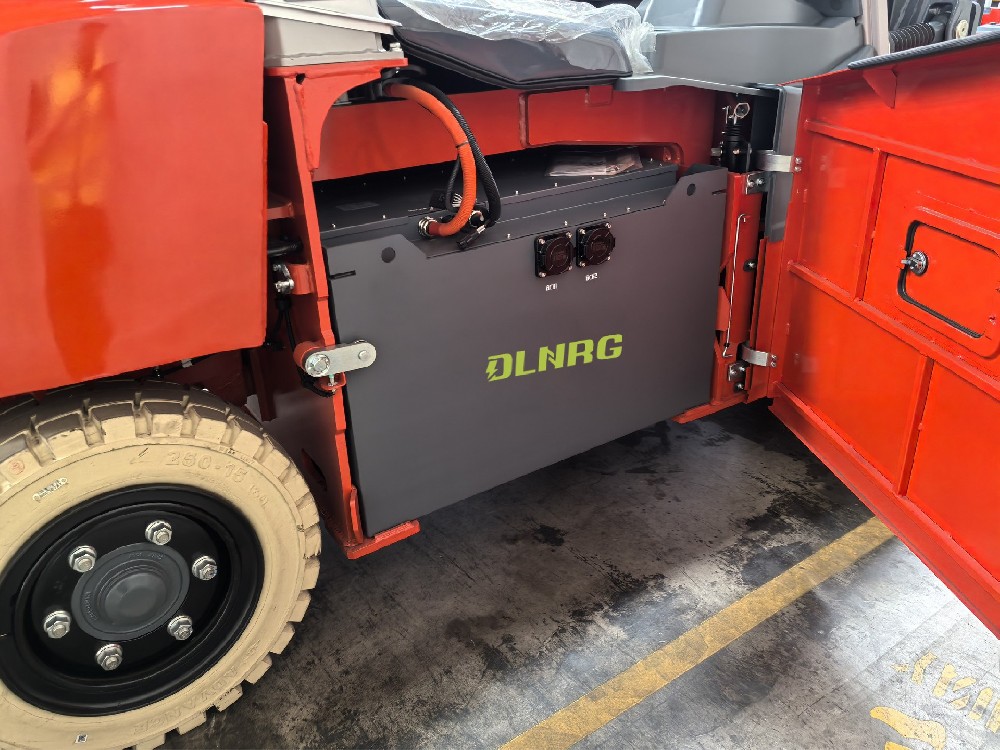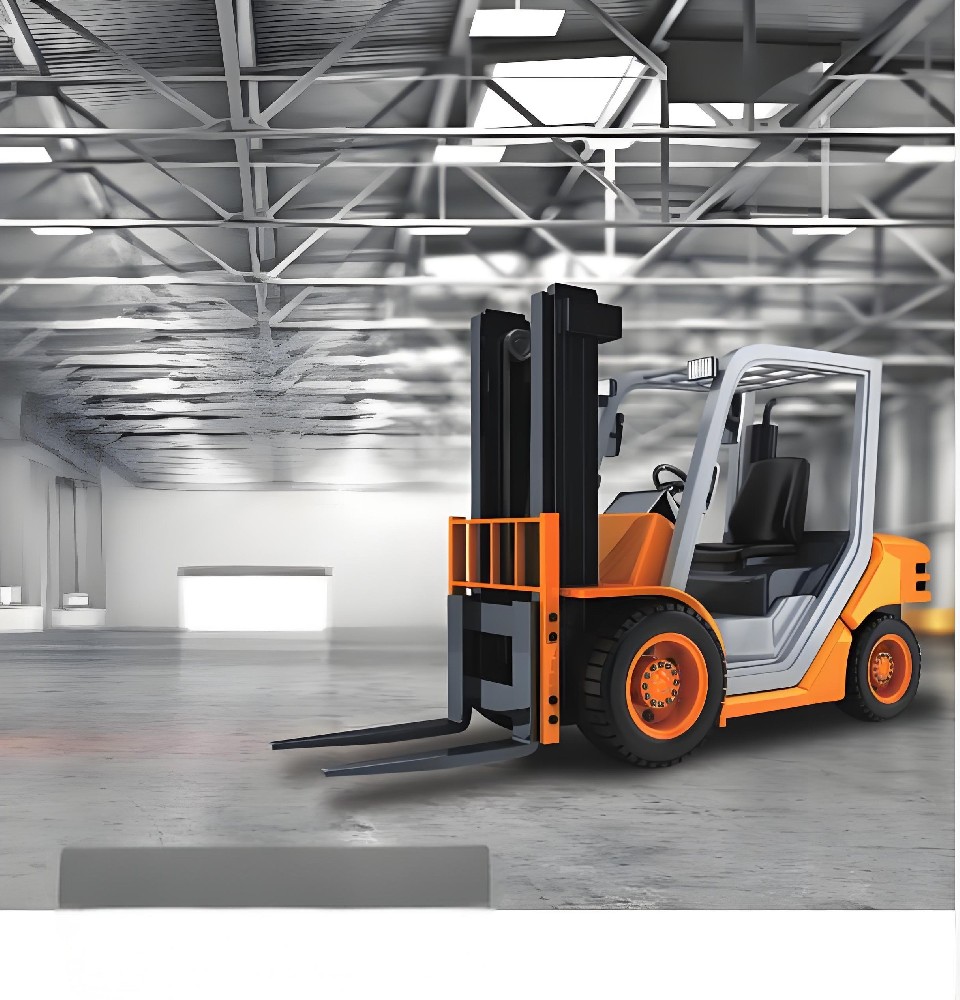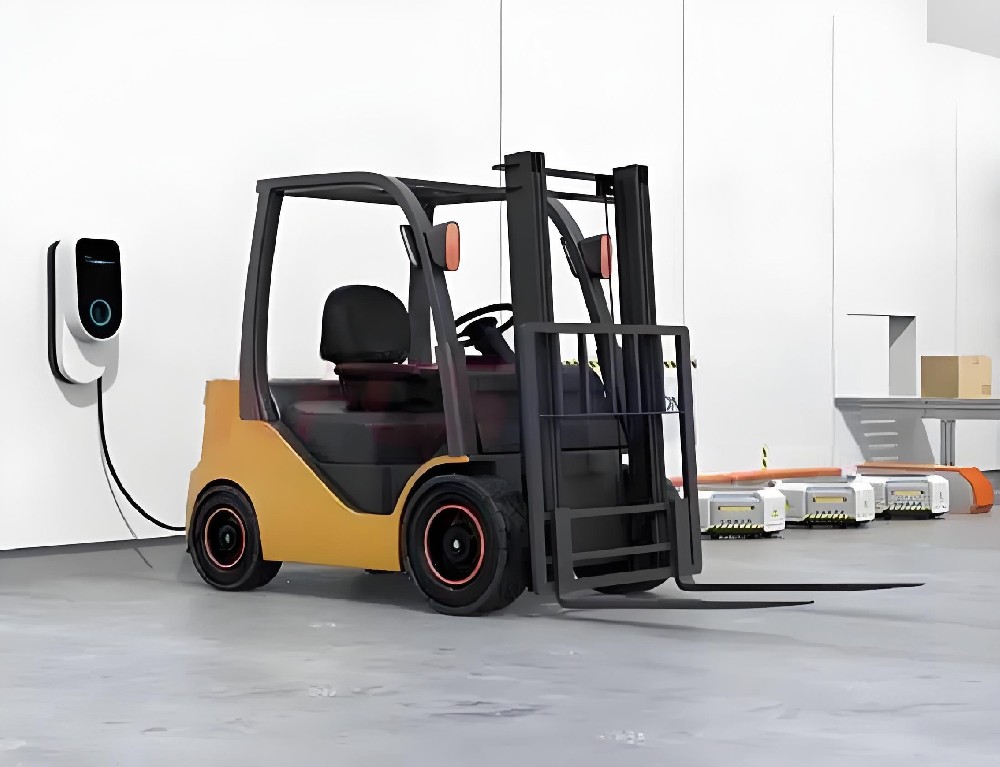In the material handling industry, high productivity and efficiency are king. Whether you have one forklift or fifty forklifts, your equipment must be able to deliver consistent results to allow you to win in your field and ultimately gain a competitive advantage. To do this, you need a powerful tool to help you stand out.
One way to set yourself apart from your competitors is to adopt advanced energy solutions, more specifically lithium-ion batteries. With fast charging speeds and little maintenance, lithium-ion batteries can take your operations to new heights.
What are the advantages of using lithium batteries in forklifts?
Still not convinced? Here are five reasons you should consider adding lithium-ion batteries to your fleet.
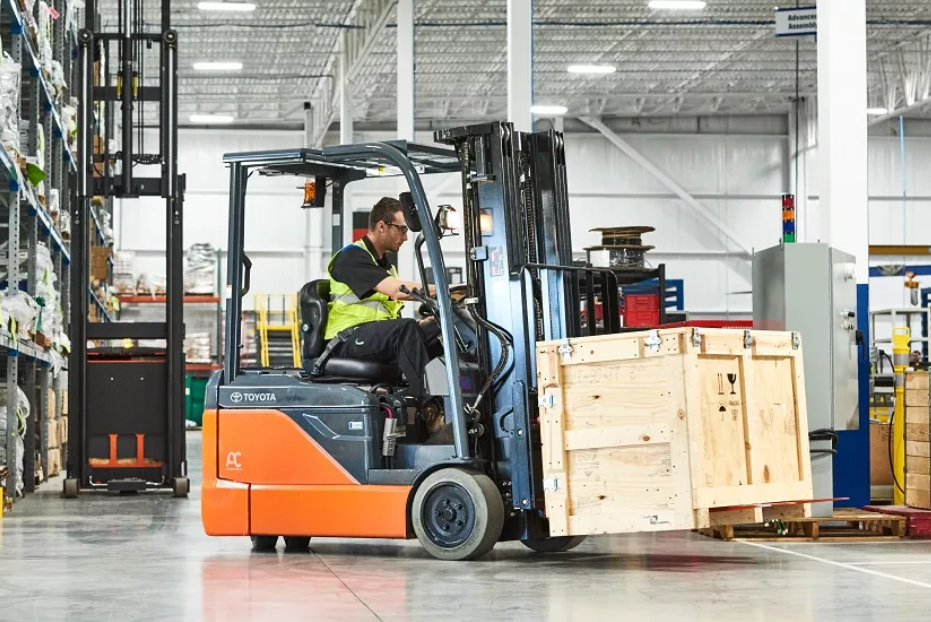
Increase productivity
When it comes to material handling, we know that time is money, and with lithium-ion batteries, you don't have to worry about not getting the job done. Lithium-ion batteries take less time to charge than lead-acid batteries, which must also rest before they can be used again. As a result, your fleet will benefit from increased productivity and output.
Since the lithium-ion battery maintains a higher, more stable voltage throughout the shift, you will also experience higher forklift performance, which can increase throughput.
Useful tips:
Avoid charging the lithium-ion battery when the remaining power is too low. Instead, charge more frequently. They do not need to be fully charged, like lead-acid batteries, to function properly. In fact, you can quickly charge a LiB in 10-20 minutes during operator breaks.
Keep the battery away from high temperature environments to avoid causing stress and changing capacity.
2. Reduce downtime
Unlike traditional lead-acid batteries, lithium-ion batteries can be charged randomly or as needed during shifts, eliminating the hassle of replacing batteries, which improves fleet performance and reduces downtime. On average, lithium-ion batteries last two to four times longer than lead-acid batteries.
3. Almost maintenance-free
Frequent maintenance of lead-acid batteries is time-consuming and costly. However, lithium-ion batteries are virtually maintenance-free and do not require frequent watering, balanced charging or cleaning.
4. Reduce maintenance workload
Lithium-ion batteries come with sealed cells, so you don't need to clean or add water to keep the battery running, reducing maintenance costs. Depending on your operation, you may not need to remove or replace the battery during the workday, as the battery can remain in the forklift longer, eliminating the additional storage and labor costs required for lead-acid batteries.
